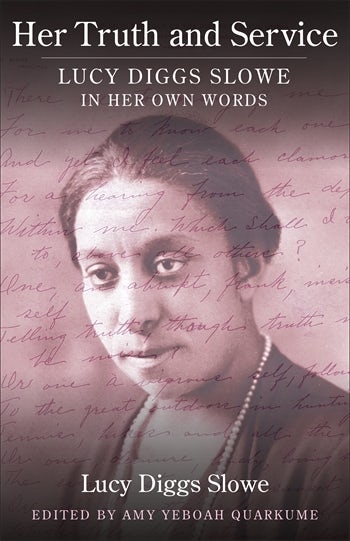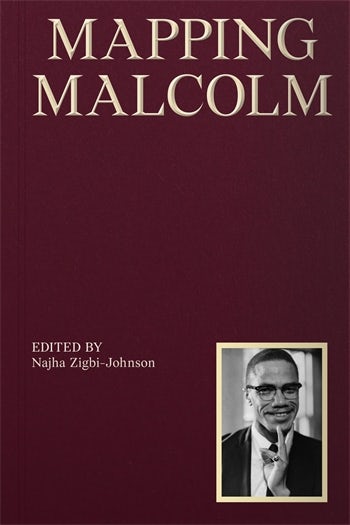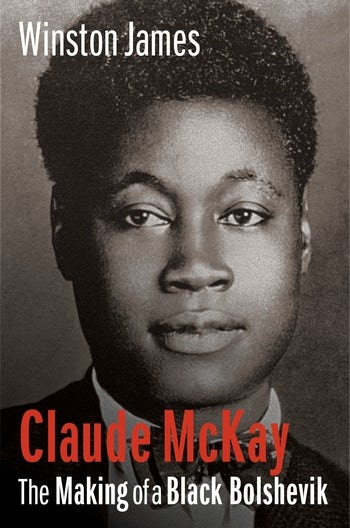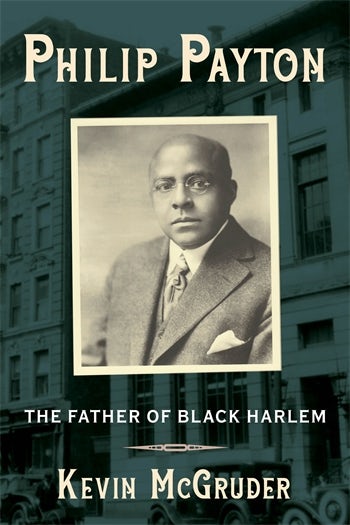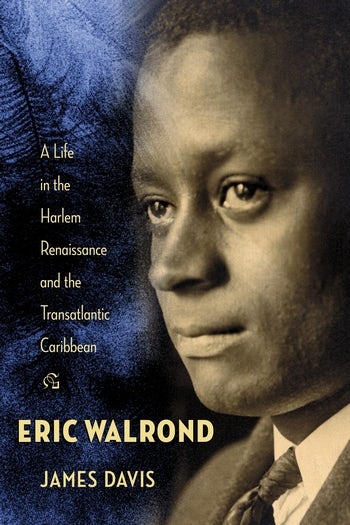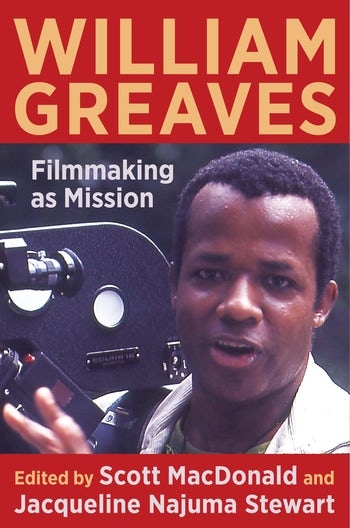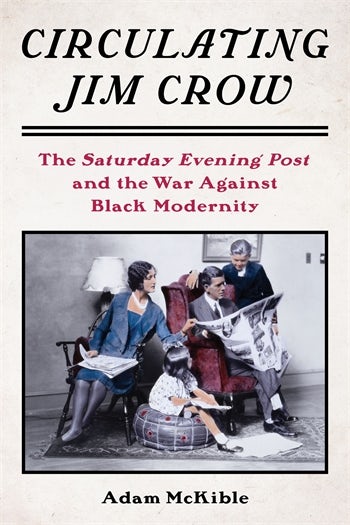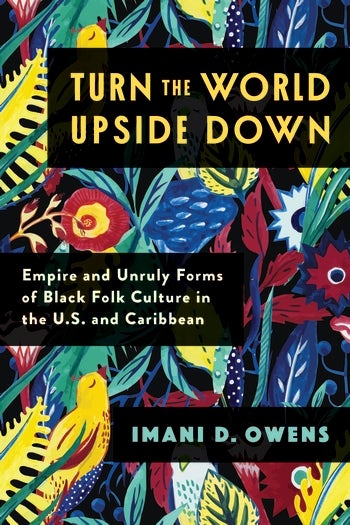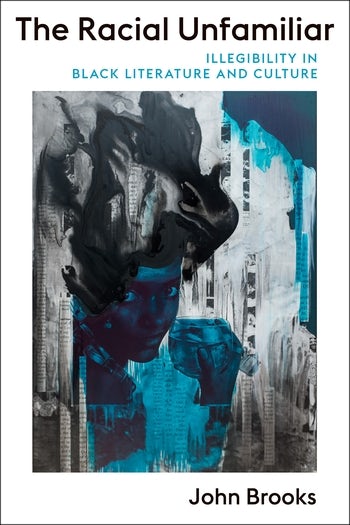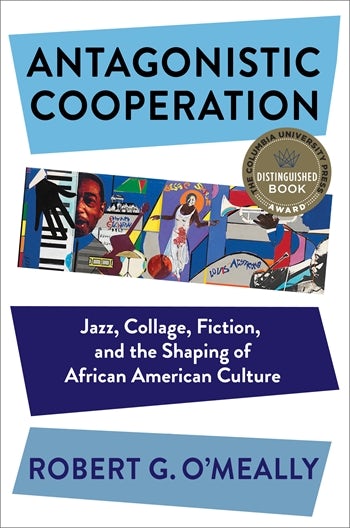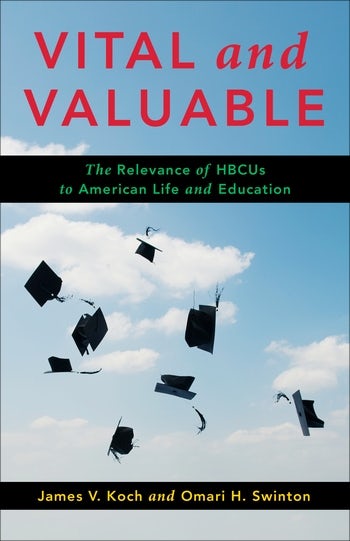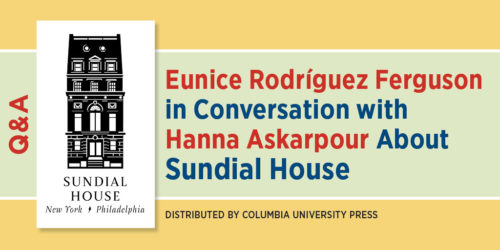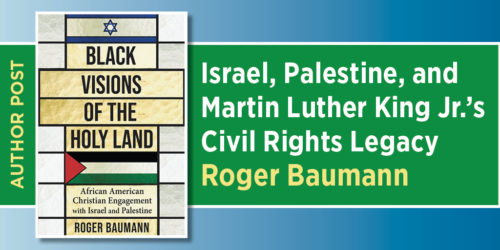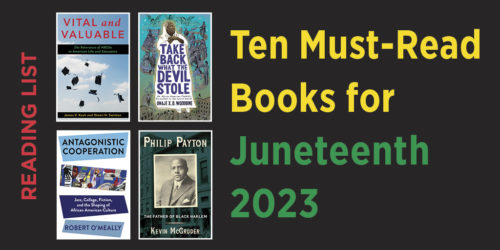15 Must-Read Books for Black History Month 2024
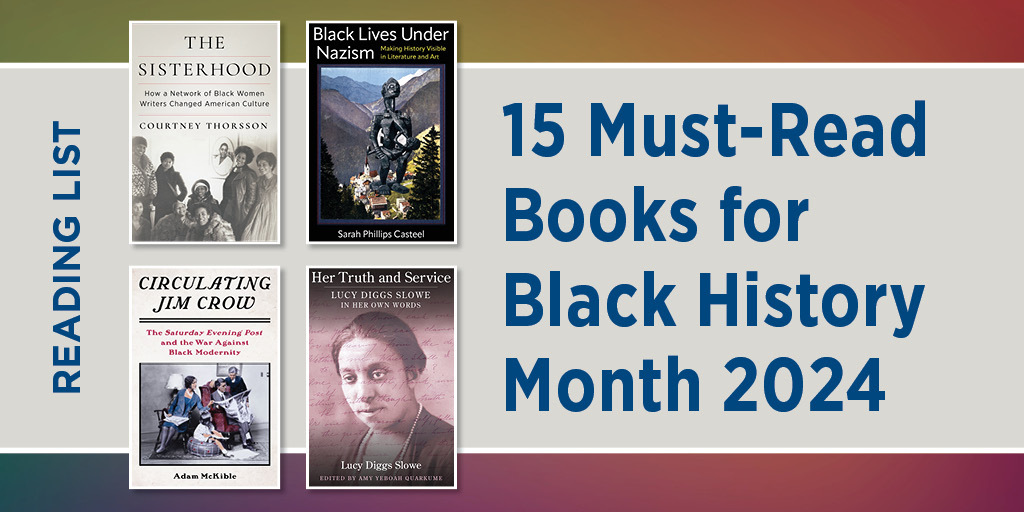
This month, we come together to celebrate the achievements of African Americans and to recognize their roles in shaping U.S. history and culture. This year, we invite you on a journey of discovery through these rich narratives and scholarly works.
Our list ranges from The Sisterhood, which describes the seminal gatherings of icons like Toni Morrison, Alice Walker, and Audre Lorde that reshaped American literature and culture, to the intimate reflections and pioneering activism of Lucy Diggs Slowe in Her Truth and Service. These works highlight the enduring impact of storytelling and the intellectual contributions of Black women writers and activists. Or you can delve into the lives and legacies of such giants as Claude McKay, Philip Payton, Eric Walrond, and William Greaves. Learn about their personal struggles, triumphs, and enduring contributions to the ongoing saga of Black resilience and empowerment. And, finally, Vital and Valuable is essencial reading for anyone interested in the feats and challenges of historically black colleges and universities (HBCUs) in American society.
These books offer diverse perspectives and insights into the Black experience. Through their explorations of history, art, and literature, you can gain a deeper understanding of the complexities of race, identity, and power in American and global contexts.
Women and History
The Sisterhood
How a Network of Black Women Writers Changed American Culture
Courtney Thorsson
One Sunday afternoon in February 1977, Toni Morrison, Alice Walker, Ntozake Shange, and several other Black women writers met at June Jordan’s Brooklyn apartment to eat gumbo, drink champagne, and talk about their work. Calling themselves “The Sisterhood,” the group—which also came to include Audre Lorde, Paule Marshall, Margo Jefferson, and others—would get together once a month over the next two years, creating a vital space for Black women to discuss literature and liberation. The Sisterhood tells the story of how this remarkable community transformed American writing and cultural institutions.
Her Truth and Service
Lucy Diggs Slowe in Her Own Words
Lucy Diggs Slowe. Edited by Amy Yeboah Quarkume
Lucy Diggs Slowe (1885–1937) was one of the most remarkable and accomplished figures in the history of Black women’s higher education. She was a builder of institutions, organizing the first historically Black sorority, Alpha Kappa Alpha, while a student at Howard University in 1908; establishing the first junior high school for Black students in Washington, D.C.; and founding as well as leading other major national and community organizations. In 1922, Slowe was appointed the first Dean of Women at Howard, making her the first Black woman to serve as dean at any American university. Beyond her trailblazing career in higher education, she was a committed teacher, an ardent antiracist advocate, and even a national tennis champion. Her Truth and Service showcases Slowe’s speeches, articles, and letters, illuminating her multifaceted accomplishments and unwavering dedication to the quest for equality and justice.
The Politics of Survival
Black Women Social Welfare Beneficiaries in Brazil and the United States
Gladys L. Mitchell-Walthour
Poor Black women who benefit from social welfare are marginalized in a number of ways by interlocking systemic racism, sexism, and classism. The media renders them invisible or casts them as racialized and undeserving “welfare queens” who exploit social safety nets. Even when Black women voters are celebrated, the voices of the poorest too often go unheard. In The Politics of Survival, Gladys L. Mitchell-Walthour offers a comparative analysis of how Black women social welfare beneficiaries in Brazil and the United States defy systems of domination. Providing a wealth of empirical evidence on these women’s views and survival strategies, this book not only highlights how systemic structures marginalize them but also offers insight into how they resist such forces.
Take Back What the Devil Stole
An African American Prophet’s Encounters in the Spirit World
Onaje X. O. Woodbine
Ms. Donna Haskins is an African American woman who wrestles with structural inequity in the streets of Boston by inhabiting an alternate dimension she refers to as the “spirit realm.” Take Back What the Devil Stole centers Donna’s encounters with the supernatural to offer a powerful narrative of how one woman seeks to reclaim her power from a lifetime of social violence. Through the gripping story of one local prophet, this book offers a deeply original account of the religious experiences of Black women in contemporary America: their bodies, their haunted landscapes, and their spiritual worlds.
Mapping Malcolm
Edited by Najha Zigbi-Johnson
Published by Columbia Books on Architecture and the City and distributed by Columbia University Press
Mapping Malcolm continues the project of reinscribing Malcolm X’s memory and legacy in the present by exploring his commitment to community building and his articulation of a global power analysis as it continues to manifest across New York City today. More specifically, the book explores the limits and possibilities of the archive, the political, material, and philosophical legacy of the Black radical tradition, the Black diaspora, and the state.
Biographies
Claude McKay
The Making of a Black Bolshevik
Winston James
One of the foremost Black writers and intellectuals of his era, Claude McKay (1889–1948) was a central figure in Caribbean literature, the Harlem Renaissance, and the Black radical tradition. Dedicated to confronting both racism and capitalist exploitation, he was a critical observer of the Black condition throughout the African diaspora and became a committed Bolshevik. In this book, Winston James offers a revelatory account of McKay’s political and intellectual trajectory from his upbringing in Jamaica through the early years of his literary career and radical activism. Drawing on a wide variety of sources, James offers a rich and detailed chronicle of McKay’s life, political evolution, and the historical, political, and intellectual contexts that shaped him.
Philip Payton
The Father of Black Harlem
Kevin McGruder
Philip Payton played a central role in transforming Harlem—the now iconic Black community—from a predominantly white neighborhood at the turn of the early twentieth century. He founded the Afro-American Realty Company in 1903, vowing to vanquish housing discrimination. Yet this ambitious mission faltered as Payton faced the constraints of white capitalist power structures. In this biography, Kevin McGruder explores Payton’s career and its implications for the history of residential segregation. At a time when understanding the roots of residential segregation has become increasingly urgent, this biography sheds new light on the man and the forces that shaped Harlem.
Eric Walrond
A Life in the Harlem Renaissance and the Transatlantic Caribbean
James Davis
Eric Walrond (1898–1966) was a writer, journalist, caustic critic, and fixture of 1920s Harlem. His short story collection, Tropic Death, was one of the first efforts by a black author to depict Caribbean lives and voices in American fiction. Restoring Walrond to his proper place as a luminary of the Harlem Renaissance, this biography situates Tropic Death within the author’s broader corpus and positions the work as a catalyst and driving force behind the New Negro literary movement in America.
William Greaves
Filmmaking as Mission
Edited by Scott MacDonald and Jacqueline Najuma Stewart
William Greaves is one of the most significant and compelling American filmmakers of the past century. Best known for his experimental film about its own making, Symbiopsychotaxiplasm: Take One, Greaves was an influential independent documentary filmmaker who produced, directed, shot, and edited more than a hundred films on a variety of social issues and on key African American figures ranging from Muhammad Ali to Ralph Bunche to Ida B. Wells. This landmark book provides the first comprehensive overview of Greaves’s remarkable career.
Literature and Art
Circulating Jim Crow
The Saturday Evening Post and the War Against Black Modernity
Adam McKible
Circulating Jim Crow demonstrates how the Saturday Evening Post used stereotypical dialect fiction to promulgate white supremacist ideology and dismiss Black achievements, citizenship, and humanity. Adam McKible tells the story of the rise and influence of George Horace Lorimer, the Post’s longtime editor, and examines the white authors who provided the editor and his readers with the caricatures they craved.
Black Lives Under Nazism
Making History Visible in Literature and Art
Sarah Phillips Casteel
This groundbreaking book explores a range of largely overlooked literary and artistic works that challenge the invisibility of Black wartime history. Emphasizing Black agency, Sarah Phillips Casteel examines both testimonial art by victims of the Nazi regime and creative works that imaginatively reconstruct the wartime period.
Turn the World Upside Down
Empire and Unruly Forms of Black Folk Culture in the U.S. and Caribbean
Imani D. Owens
Turn the World Upside Down explores how Black writers and performers reimagined folk forms through the lens of the unruly—that which cannot be easily governed, disciplined, or managed. Imani D. Owens recasts Black creators’ relationship to folk culture, emphasizing their formal and stylistic innovations and experiments in self-invention that reach beyond the local to the world.
The Racial Unfamiliar
Illegibility in Black Literature and Culture
John Brooks
The Racial Unfamiliar offers a new way to understand African American cultural production. John Brooks examines a range of abstractionist, experimental, and genre-defying works by Black writers and artists that challenge how audiences perceive and imagine race. He argues that literature and visual art that exceed the confines of familiar conceptions of Black identity can upend received ideas about race and difference.
Antagonistic Cooperation
Jazz, Collage, Fiction, and the Shaping of African American Culture
Robert G. O’Meally
In Antagonistic Cooperation, Robert G. O’Meally shows how this idea runs throughout twentieth-century African American culture to provide a new history of Black creativity and aesthetics. Robert G. O’Meally’s readings of these artists and their work emphasize how they have not only contributed to understanding of Black history and culture but also provided hope for fulfilling the broken promises of American democracy.
Education
Vital and Valuable
The Relevance of HBCUs to American Life and Education
James V. Koch and Omari H. Swinton
In Vital and Valuable, two distinguished economists provide a groundbreaking analysis of HBCUs. James V. Koch and Omari H. Swinton offer actionable policy recommendations that can help HBCUs build on their successes and address their weaknesses. They stress that empirical data on educational outcomes is essential to effective leadership of individual institutions and policy decisions that affect HBCUs. Vital and Valuable is essential reading for policymakers and experts in the field of higher education as well as a broader public interested in understanding the contributions of HBCUs.
Categories:Black History MonthBlack StudiesColumbia Books on Architecture and the CityReading List
Tags:Adam McKibleAlejandro Álvarez NievesAmy Yeboah QuarkumeAntagonistic CooperationBlack History Month 2024Black Lives Under NazismCirculating Jim CrowClaude McKayCourtney ThorssonEric WalrondGladys L. Mitchell-WalthourHer Truth and ServiceImani D. OwensJacqueline Najuma StewartJames DavisJames V. KochJohn BrooksKevin McGruderLucy Diggs SloweMapping MalcolmNajha Zigbi-JohnsonOmari H. SwintonOnaje X. O. WoodbinePhilip PaytonRobert G. O’MeallySarah Phillips CasteelScott MacDonaldTake Back What the Devil StoleThe Politics of SurvivalThe Racial UnfamiliarThe SisterhoodTurn the World Upside DownVital and ValuableWilliam GreavesWinston James


